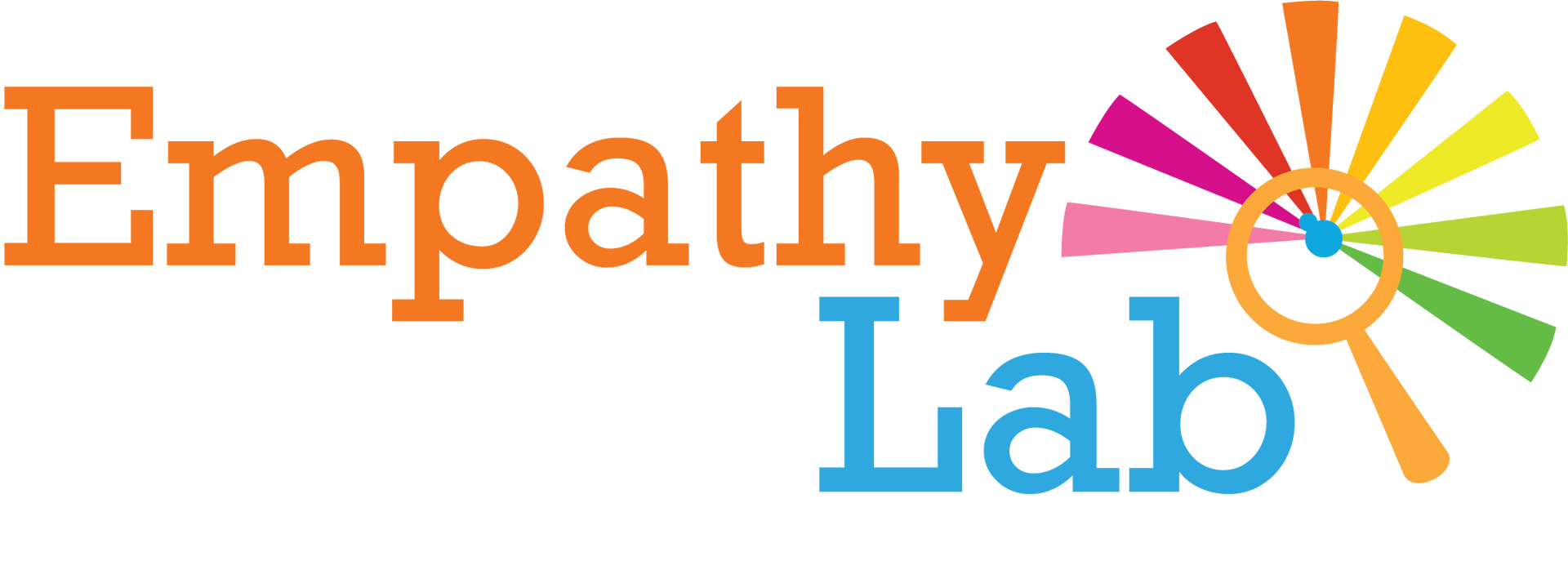Librarian judges speak
- By EmpathyLab
- •
- 26 Jan, 2021
- •
In an exclusive guest post, the four librarians on our 2021 #ReadforEmpathy judging panel share their thoughts on the collection.
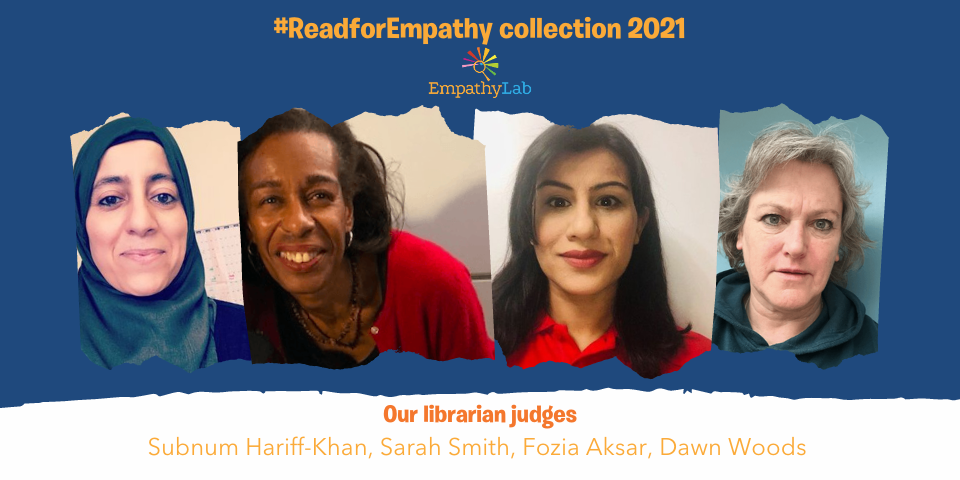
The 2021 Empathy collections provide a moral compass for compassion, understanding and kindness. Aiming to encourage children, young people, carers, library staff, teachers and educators to reflect, especially on 2020 and the pandemic, and to be mindful in how we interact with people in 2021, they raise awareness in adults and allow young people to feel represented. Children and young people experiencing similar adverse situations will be encouraged to hope, whilst acknowledged for their resilience and ability to be kind and caring.
The primary collection offers age-appropriate books on love, kindness, friendship and care for our planet. Differences are explored, whether that of different cultures from ourselves, physically or different outlooks on life. Especially important given the year children have just experienced are books on bereavement and dealing with those emotions. The feelings of refugees are probed from different angles and, often overlooked, is the perspective of families where Dad is in prison or a traveller community representation. Above all cooperation with others and hope is paramount.
Critical themes in the secondary collection examine the dangers of social media bullying, the herd response and its effect on vulnerable young people. Society’s intense obsession with body image and those not conforming are ridiculed in cruel and heartless ways is explored. Domestic violence, often a shameful secret for many, is also examined. The heartache felt by families unable to link up for extended family festive 2020 celebrations pales against the plight of difficulties experienced by refugee families fleeing persecution from war torn countries and subsequent alienation in adopted homelands. The novels give more hope for acceptance for LGBTQ+ characters although there is still fear about identification.
Both 2021 lists give librarians access to a wealth of literature around current issues that interest children, teachers and families, all easily accessible for promotion via the booklists and borrowed for free from public and school libraries.
They offer guidance and instruction through different formats, prose, poetry, graphic novel and picture books to inform behaviour for improved relationships that seek to instil a more caring society. You are never too young or too old to learn to become a better you. Children can borrow and read quietly, taking in the messages of showing empathy to others. There are picture books suitable for under-fives’ storytime, titles that tie into themes such as Refugee and LGBTQ+ Months, and novels that explore the impact of ethnic culture on challenging issues. Library book displays, targeted authors events and social media promotions all help support these invaluable collections. Many of annual key topics covered in libraries are embedded in these book lists and can be used effectively when engaging with schools.
They serve to be not only essential learning resources, reading / listening for pleasure but also a mirror to ourselves. Would I really want to be friends with me? The collections serve to guide children, young people and adults from a range of backgrounds to review actions and resolve to travel more hopefully and carefully with humanity.
- Fozia Aksar, Subnum Hariff-Khan, Sarah Smith, Dawn Woods
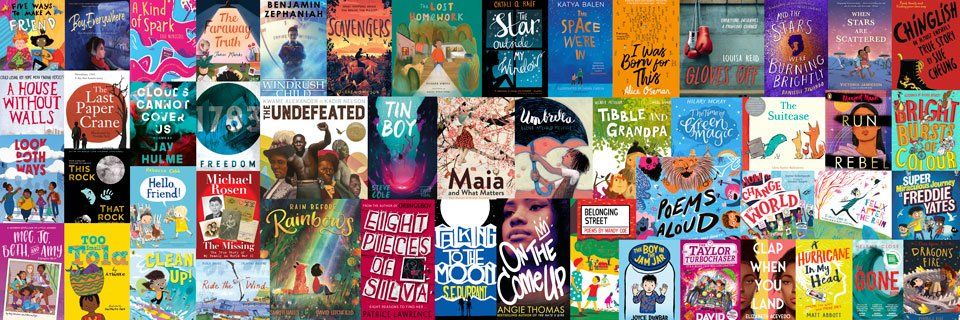
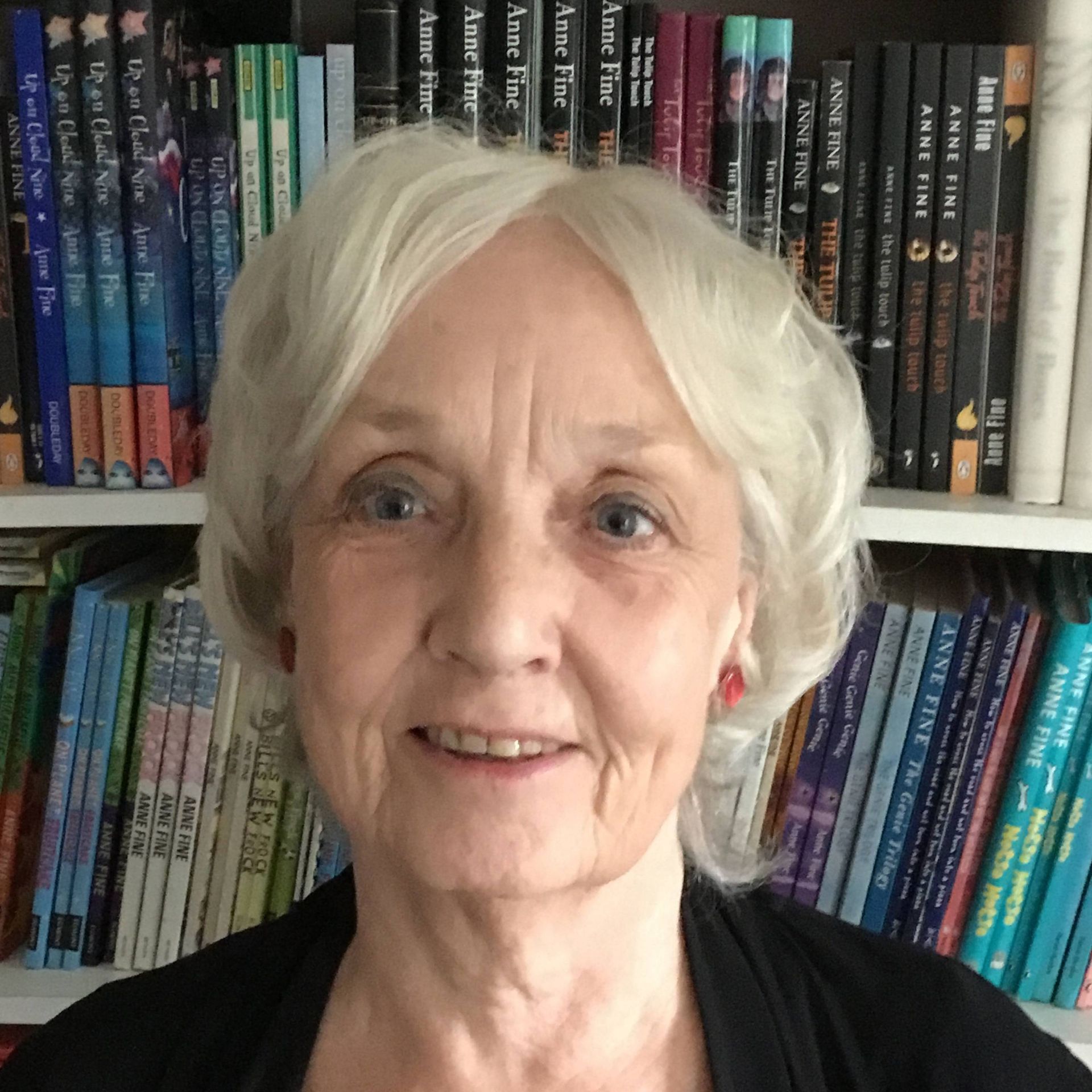
Why has the sheer importance of empathy come to the fore in recent years? Why do we care so much about a concept that had seemed to be left to itself for so long?
Perhaps because there has been so much change and upheaval for our young people in recent years, leaving so many isolated from what we might term ‘real’ contact with others. Lockdown was for many a disaster. The proliferation of phones hasn’t helped. Financially stretched families are often starved of time that can be spent in casual, easy, contact with one another.
So gaining an understanding of others from fiction has become more and more important. Children have always learned from the books and stories they are offered. From the fairy tales, children who lived in an elemental world without luxuries or social safety nets learned the virtues that were so necessary back then to survival: courage, resourcefulness, endurance, quick wits, kindness to strangers.
Our own young people live more tightly under separate roofs, and we have seen the language of books change accordingly - to Mum, the babysitter, playgroup, park, baby sister, Dad’s girlfriend, the bully, happy, worried, sad. It’s the language of relationships and emotions now, and understanding and compassion liberate. They have become the twenty-first century equivalent of Hansel and Gretel’s pebbles gleaming in the moonlight to show the way out of the dark forest.
Frank Flanagan once said good writers “structure, explain and evaluate the experience of childhood and empower the child to come to terms with it. They enable the child to lead a full life."
How? Partly by quite unconsciously increasing self-knowledge and self-awareness. A young reader can’t help but see characters in books unconsciously as if in a mirror. "I'm not like that." "I worry about that too." "I would have been braver”, “slower to catch on”, “tempted to be more mean”. And when this sense comes of no longer being the only one in the world to have this problem, or to feel that way, the child not only comes to realise that they are not alone, but also to gather insights into how other people deal with the same worries or tackle the same problems. In short, they learn, vicariously, how other people tick.
We have so many young people who, it seems, sometimes as a result of their upbringing, often simply by nature, have somehow failed to acquire the tools to begin to think about their own situation. Through fiction they can often begin, safely, to explore the more subtle aspects of life around them - an insight into someone else's life. A child can share desk space with someone else all year and yet learn less about them than about a character in one short book that’s read to them at night. I try to show this in my novel On the Wall , where, over the school year, Finley’s quite exceptional gift for tranquillity and self-acceptance in an anxiety-inducing world causes one fellow pupil after another to look more deeply into themselves, and learn how to rebalance their own way of thinking to become, in the process, calmer, happier, or more accepting.
We all want, for our young people, peace of mind. An excellent start is to explore Lauren Child's wonderful 'Staring into Space' project: https://staringintospace.me/
Then, steep them in fiction. And where better to find the
best than at the EmpathyLab itself?
You can purchase Anne's book, On the Wall,
here
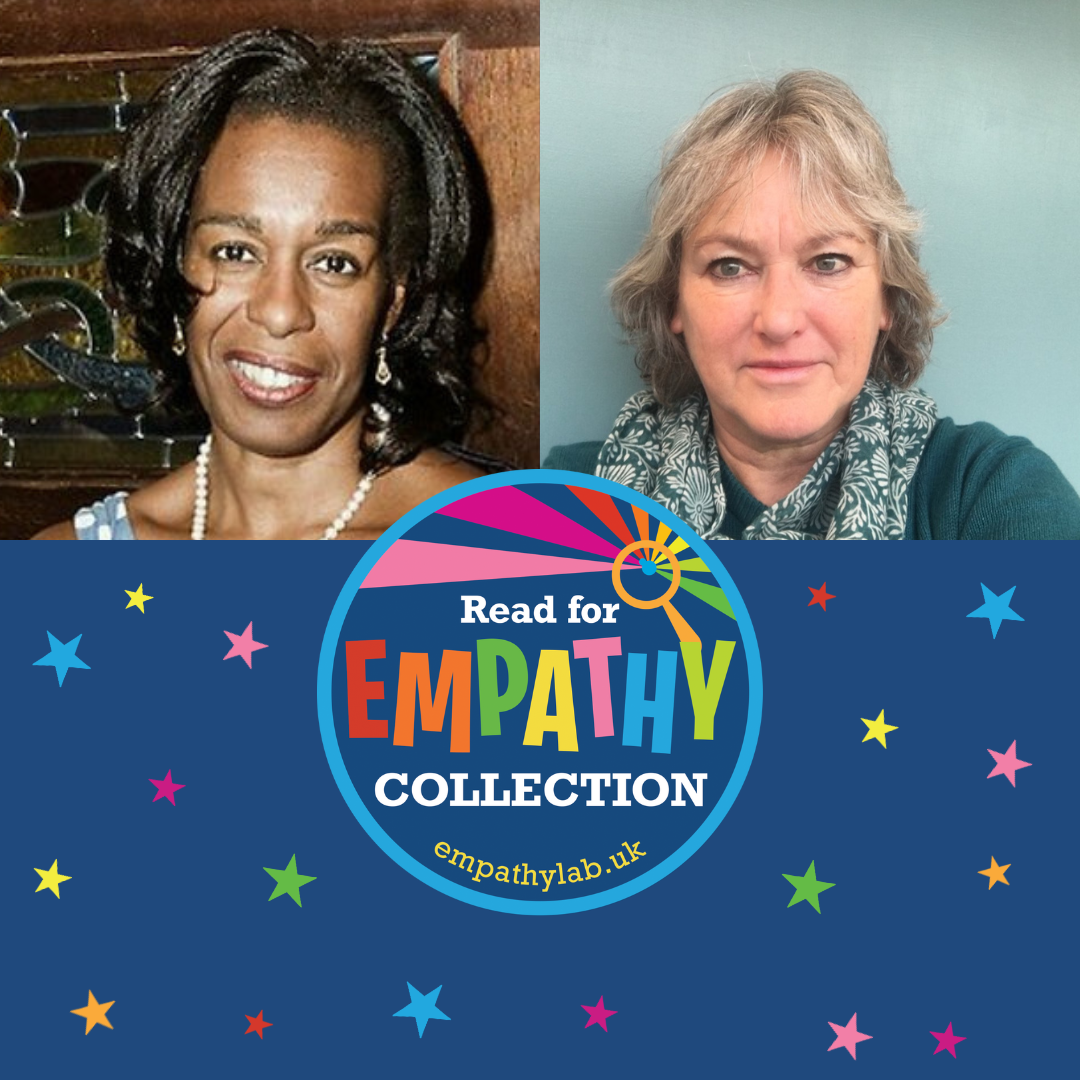
The collection consists of 65 books for 3-16 year olds, each chosen for its unique contribution in building young people’s empathy.
The primary collection for 3-11 year has 40 books; the secondary collection features 25 books for 12-16 year olds.
